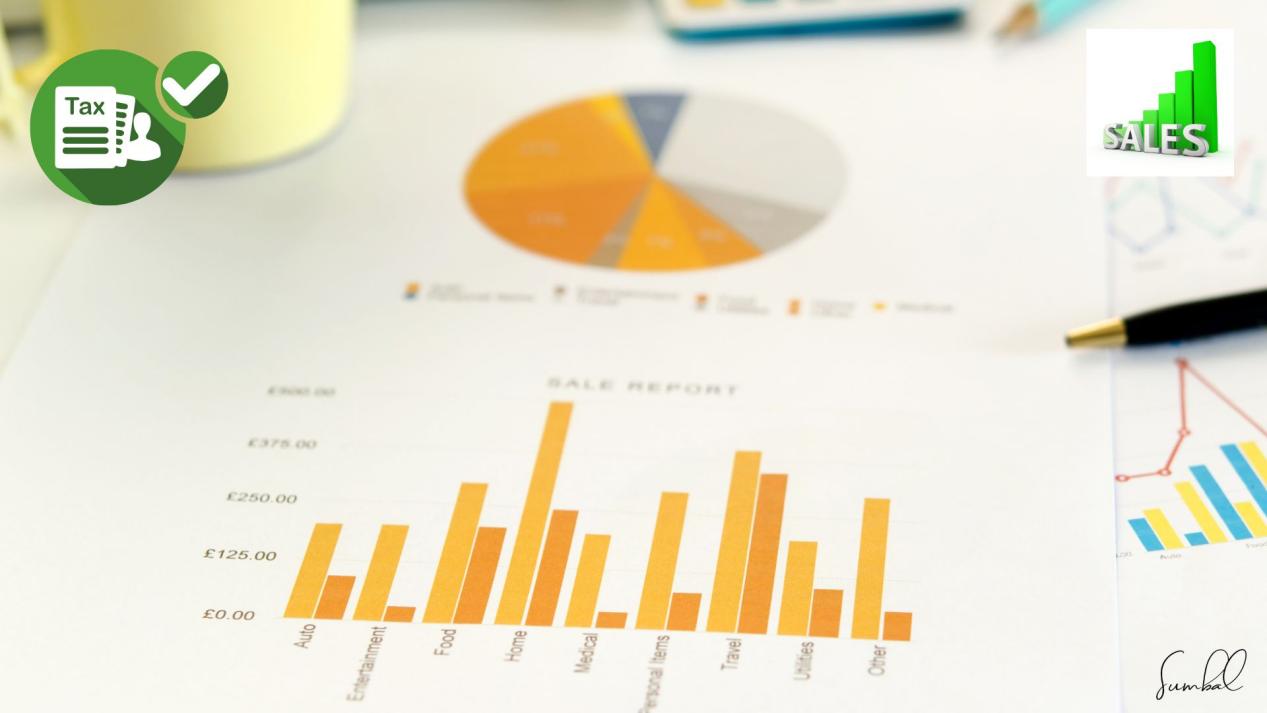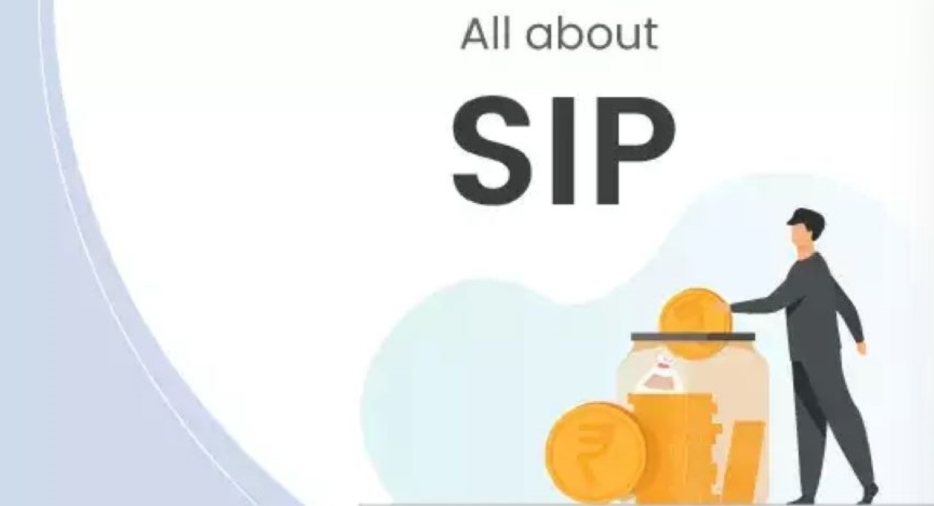Sales tax is another form of taxation that exists within the economic system which impacts the buyers and sellers of goods and services in one way or the other. Understanding how sales tax affects these areas may help get a better understanding of how the economy possibly works.

Impact of Sales Tax on Consumer Behavior
Sales tax has a direct impact on consumer spending. Customers may change their purchasing patterns in many ways when sales tax rates increase:
Reduced Spending on Optional Items
Increases in the sales taxes decrease consumer willingness to spend on items that are not necessary such as luxury products, entertaining events, and dining services, particularly expensive products are sensitive to changes in the price of sales tax since the small volume of sales will be greatly impacted when the price of the tax goes up slightly.
Preference for Lower-Taxed Goods and Services
Consumers spend their money only on goods and services that are less costly in terms of sales taxation or are fully exempted from it. For example, basic items such as food and drugs are either zero-rated or subjected to an intermediary tax. A wise customer may also look for cheaper substitute products that are outside the taxed products’ category thus affecting the entire demand of the said products.
Encouraging Cross-Border Shopping
When the sales tax rates differ across regions, consumers may decide to switch their shopping to areas with low rates especially when making purchases that attract high tax rates. A person residing in a certain state border may travel to the neighboring state with a low purchase tax for a car or electronics. It affects local enterprises and changes the balance between competitive areas.

Influence of Sales Tax on Business Pricing Strategies
Sales tax has two problems for companies as it influences customer demand and necessitates cautious pricing strategies to stay profitable and competitive. Here's how companies often adjust:
Price Absorption to Maintain Competitiveness
Businesses may absorb some of the cost of sales tax instead of having consumers bear the entire burden by cutting on the profits that it makes and hence setting prices that will favor sales volume. Although sales tax reduces the ability of a company to make a high profit, it may also retain customers which may be important for products in price-sensitive markets.
Bundling and Promotional Pricing
Bundling is useful in creating an illusion of lower prices. Through the sale in sets or with a discount makes the prices seem more attractive to consumers, organizations achieve their objective of ‘forcing’ consumers to pay the sales tax. It assists a business in balancing the sales tax whereby direct exercising of the Sales tax brings down the purchasing power of consumers.
Adjusting Prices Based on Tax Jurisdictions
Companies with multiple stores can set flexible prices depending on the taxes of the region to remain competitive. Companies may set lower or higher base prices depending on whether the rate of sales taxes is high or low in that area. This strategy assists businesses in addressing the issue of making some products expensive to make but at the same time, they become affordable to the user across the country.
Strategic Shifts to Online Sales
Some of the online sales are thus still exempted from taxes or attract lower taxes in some jurisdictions and this may force companies to adopt e-commerce strategies. Thus, by sending consumers to online selling sites, businesses can minimize the perceived tax incidence that consumers are willing to bear.






